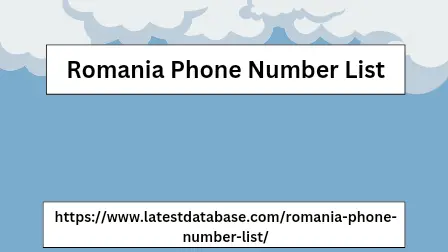Post by samsparrow74 on Feb 15, 2024 12:19:00 GMT
The automobile sector is not capable of accelerating. In the last month, car sales have plummeted by 30.8% compared to the same month in 2018, to a total of 74,490 units. So far this year, registrations of new passenger cars and SUVs in Spain have reached 883,649 deliveries , which represents 9.2% compared to the same period in 2018. This resounding drop is explained because August 2018 registered a 49% increase in sales , motivated by the entry into force, in September of last year, of the new, more restrictive WLTP emissions regulations, for the approval of vehicles in the European Union. This circumstance led the brands to get rid of the stocks of those models that would not pass the new regulations for emitting more than legal and to do so they offered succulent discounts.
However, if we go back another year, we see that the figures are not so alarming. In August 2017, 72,888 passenger cars were sold in Spain . Therefore, if we compare the data with the 74,490 cars sold Romania Phone Number List in August of this year, we would speak of a growth of 2.1%. On the other hand, yesterday a second part of the WLTP came into force, called RDE (Real Driving Emissions), which measures nitrogen oxide particles (NOx) in vehicles with greater precision. This regulation has caused 15,000 vehicles to be placed on the market that have been self-registered by dealers, but it has not served to accelerate sales. Why this collapse? The automobile sector associations, Anfac (manufacturers), Faconauto (dealers), Ganvam (sellers) and Aniacam (importers) express their concern about the continued decline.

Above all, because, according to Anfac, so far this year, car sales to individuals have fallen by more than 10%. That is why it calls for "a shock plan and stimulus measures for the purchase of new vehicles ", given that the market, with the exception of April, has fallen non-stop since September 2018. The political situation in Spain is pointed out as the main cause: "The fall in consumer confidence combined with the slowdown in GDP growth shows that a stable political scenario is urgently needed," they say from Ganvam; while the president of Aniacam, Germán López Madrid, believes that it is the acting Government that has to "clearly explain to citizens that combustion vehicles [diesel and gasoline] are suitable, today, to comply with all the regulations." anti-pollution.
However, if we go back another year, we see that the figures are not so alarming. In August 2017, 72,888 passenger cars were sold in Spain . Therefore, if we compare the data with the 74,490 cars sold Romania Phone Number List in August of this year, we would speak of a growth of 2.1%. On the other hand, yesterday a second part of the WLTP came into force, called RDE (Real Driving Emissions), which measures nitrogen oxide particles (NOx) in vehicles with greater precision. This regulation has caused 15,000 vehicles to be placed on the market that have been self-registered by dealers, but it has not served to accelerate sales. Why this collapse? The automobile sector associations, Anfac (manufacturers), Faconauto (dealers), Ganvam (sellers) and Aniacam (importers) express their concern about the continued decline.

Above all, because, according to Anfac, so far this year, car sales to individuals have fallen by more than 10%. That is why it calls for "a shock plan and stimulus measures for the purchase of new vehicles ", given that the market, with the exception of April, has fallen non-stop since September 2018. The political situation in Spain is pointed out as the main cause: "The fall in consumer confidence combined with the slowdown in GDP growth shows that a stable political scenario is urgently needed," they say from Ganvam; while the president of Aniacam, Germán López Madrid, believes that it is the acting Government that has to "clearly explain to citizens that combustion vehicles [diesel and gasoline] are suitable, today, to comply with all the regulations." anti-pollution.
